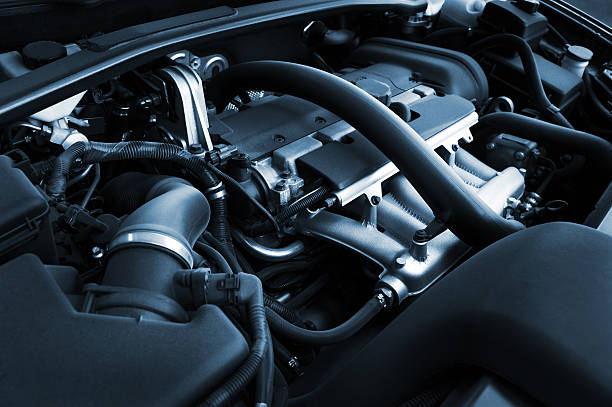Buying Insights for Remanufactured Engines
Remanufactured engines may offer a way to extend vehicle life while addressing performance needs. Considering factors like engine condition, compatibility, and warranty coverage can support better decisions when aligning your purchase with long-term driving and repair goals.

What exactly is a remanufactured engine?
A remanufactured engine is not simply a used or rebuilt engine. It’s a previously used engine that has been disassembled, cleaned, inspected, and restored to meet or exceed original equipment manufacturer (OEM) specifications. During the remanufacturing process, worn parts are replaced with new or reconditioned components, and the engine is reassembled to precise tolerances. This results in a product that can offer performance and reliability comparable to a new engine, often with significant cost savings.
What are the common myths about engine remanufacturing?
Several misconceptions surround remanufactured engines, which can deter potential buyers. One prevalent myth is that remanufactured engines are simply “used” engines with a few new parts. In reality, the remanufacturing process is comprehensive and involves thorough inspection, machining, and replacement of components to ensure optimal performance. Another myth is that remanufactured engines are inherently less reliable than new ones. However, when properly remanufactured by reputable companies, these engines can offer reliability that rivals new engines.
What warranty and longevity can you expect?
Warranty coverage is a crucial factor to consider when purchasing a remanufactured engine. Many reputable remanufacturers offer warranties that are comparable to, or even better than, those provided for new engines. Typical warranty periods range from 12 months to 3 years, with some companies offering extended coverage options. As for longevity, a well-remanufactured engine can last just as long as a new engine, often providing 100,000 miles or more of reliable service when properly maintained.
How do remanufactured engines compare in cost to new engines?
One of the primary advantages of choosing a remanufactured engine is the potential for significant cost savings. While prices can vary depending on the make and model of your vehicle, remanufactured engines typically cost 30% to 50% less than new engines. This cost difference can make remanufactured engines an attractive option for those looking to extend the life of their vehicle without breaking the bank.
| Engine Type | Average Cost Range | Warranty |
|---|---|---|
| Remanufactured | $2,500 - $5,000 | 12 months - 3 years |
| New OEM | $4,000 - $8,000 | 3 years / 36,000 miles |
| New Aftermarket | $3,500 - $7,000 | Varies by manufacturer |
Prices, rates, or cost estimates mentioned in this article are based on the latest available information but may change over time. Independent research is advised before making financial decisions.
What factors should you consider when buying a remanufactured engine?
When shopping for a remanufactured engine, several key factors should influence your decision. First, consider the reputation of the remanufacturer. Look for companies with a track record of quality work and positive customer reviews. Second, examine the warranty terms carefully, ensuring you understand what is covered and for how long. Third, verify that the remanufactured engine is compatible with your specific vehicle make and model. Lastly, inquire about the testing procedures used to ensure the engine’s quality and performance before it leaves the facility.
How can you ensure you’re getting a quality remanufactured engine?
To ensure you’re getting a high-quality remanufactured engine, start by asking for detailed information about the remanufacturing process. Reputable companies should be transparent about their procedures, including which parts are replaced and which are reconditioned. Look for engines that have been dyno-tested, as this indicates that the engine’s performance has been verified under simulated operating conditions. Additionally, ask about the quality control measures in place and whether the remanufacturer adheres to industry standards such as those set by the Automotive Engine Rebuilders Association (AERA).
In conclusion, remanufactured engines can offer a cost-effective alternative to new engines while providing comparable performance and reliability. By understanding the remanufacturing process, debunking common myths, and carefully considering factors such as warranty, cost, and quality assurance, you can make an informed decision when purchasing a remanufactured engine for your vehicle. With proper research and selection, a remanufactured engine can breathe new life into your car or truck, extending its useful life for years to come.




